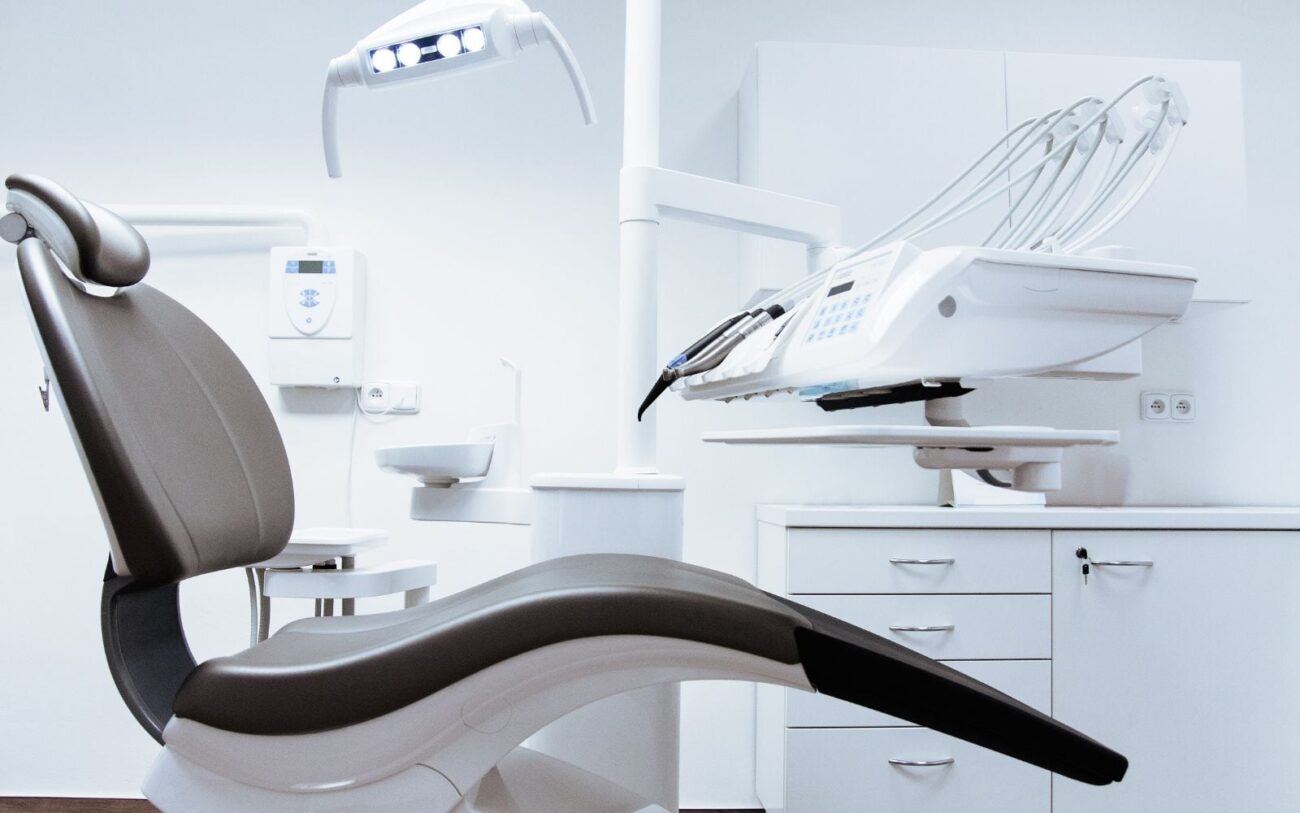Take a look at the results here
If you require support in enhancing your tax savings, please get in touch with our expert team...
Latest News
-
18 June 2025
Can You Use Annual Investment Allowance for Green Energy Upgrades in Offices?
With energy prices on the rise and sustainability high on the business agenda, many companies are investing in green energy upgrades for their office buildings. Whether it’s installing solar panels, upgrading to energy-efficient lighting, or fitting new heating systems, these improvements can reduce... -
10 June 2025
How to Uncover Property Embedded Fixtures and Fittings for Tax Purposes
When it comes to claiming capital allowances, one of the most commonly missed opportunities lies in embedded fixtures and fittings within commercial properties. These are often hidden in plain- view, but identifying them correctly can lead to significant tax savings. Here’s a straightforward guide...
Contact Us
Our expert team are here to help answer any of your capital allowances questions or enquires you have about your commercial property.










